Human trafficking and the rescue of Rina Hernandez
By Cristina DC PastorRina Hernandez was grateful to October superstorm Sandy. Somewhat.
If not for the widespread destruction and chaos the hurricane brought on Staten Island, this nanny would not be able to plan her escape from her allegedly abusive Egyptian employers.
“Nagpapasalamat po talaga ako sa Sandy,” Rina, 52, told reporters at a press conference arranged by the Filipino American Legal and Education Defense Fund (Faldef).
Rina, a school teacher in Qatar for six years, found herself working as a nanny for the family of an Egyptian businessman in New York. “Sino po ba ayaw mag-trabaho sa New York,” she explained to The FilAm why she left a decent teaching job in the Middle East working with school children.
In Staten Island, where the family settled, she looked after six children and worked long hours with very little sleep and food. Her passport was held by the Egyptian housewife, and she and two other Filipino maids lived reportedly in deplorable conditions.
At the hotel where the family stayed at the height of the hurricane’s devastation, she and two other Filipino maids attempted to pilfer hotel towels, blankets and tubes of toothpaste to take home with them. It was not to happen because a combined team of Staten Island police, consular officials and lawyers from Faldef swooped down on the hotel where the family was staying to rescue Rina, as the Egyptian housewife grudgingly handed Rina’s passport to the authorities. The two other servants opted to stay behind.
“I was crying, yakap yakap ko yung pulis,” recounted Rina, wiping a tear during the press conference.
The rescue was planned. Rina’s daughter reached out to Faldef Communications Director Jen Furer, who passed on the information to the lawyers. A team of law enforcers, lawyers and consular officials were there to make sure Rina was safely removed from her employers.
Rina has only been a month with her employers but something about the way she and the two other Filipinas were being treated made her a classic victim of human trafficking. Her employers held on to their passports and the promised wage of $1,200 a month was not being honored.
“It’s all in the evidence,” said lawyer and Faldef founder J.T. Mallonga. “We have courts of law. If there is no evidence, there is no case. We believe she’s a victim of human trafficking.”
Rina is currently staying at the San Lorenzo Ruiz Women’s Shelter, reclaiming her life. In a photo snapshot, she is seen atop a ladder, decorating the SLR Christmas tree.
Mallonga said Faldef is preparing to file human trafficking charges against the Egyptian businessman based on how labor laws and immigration laws appear to have been violated.
“It’s a complicated case,” he said. “We want to do it right.”
Sometimes, said Consul General Mario de Leon Jr., victims of human trafficking “do not realize they are being trafficked.”
He said the Philippine government is being more “proactive” in its campaign against abusive employers, using education to inform Filipinos about their rights, especially those seeking employment abroad.
In the New York Tri-State, he said the Philippine Consulate is activating the “warden” first-response system by getting community organizations to check into reports of human trafficking in their areas. As there are not enough lawyers to promptly send to areas like Philadelphia, the consulate reaches out to organizations and their leaders to be the ‘first responders.’
“They will look into conditions,” he said, check out the victim and report back to the Consulate on what assistance the victim needs. “We are more proactive now.”
Founded in 2009 by Mallonga, Merit Salud and some Jewish lawyers, Faldef offers mostly pro bono immigration services. Salud disclosed that Faldef is setting up a Philippine office to handle cases “at the source.”
“We sincerely believe in the righteousness of what we’re doing,” he said.
One of Faldef’s most prominent clients is Pulitzer-winning journalist Jose Antonio Vargas who outed himself as an undocumented immigrant in 2011.
“Having J.T. Mallonga on my speed dial,” gives him a “safety net,” Vargas said in a documentary directed by Brooklyn filmmaker Diane Paragas. He stressed the importance of “supporting the work that Faldef does.”
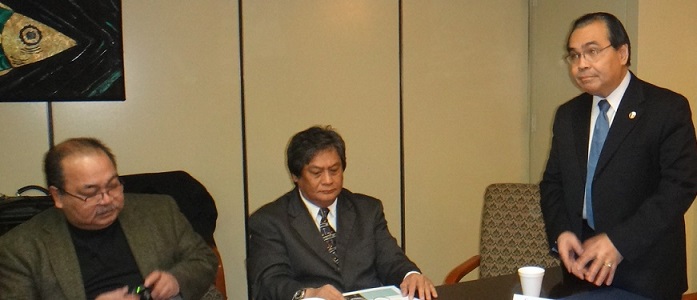
Consul General Mario de Leon Jr. (standing) with Faldef founders Merit Salud (left) and J.T. Mallonga
———————————————————–

The chocolate for anti-aging, weight loss and energy.
For more information, click here.
 FANTASIA FLORAL DESIGN for flower orders that will Impress that special person in your life this Valentine’s Day or for any occasion. Click here to order your Valentine gifts
FANTASIA FLORAL DESIGN for flower orders that will Impress that special person in your life this Valentine’s Day or for any occasion. Click here to order your Valentine gifts

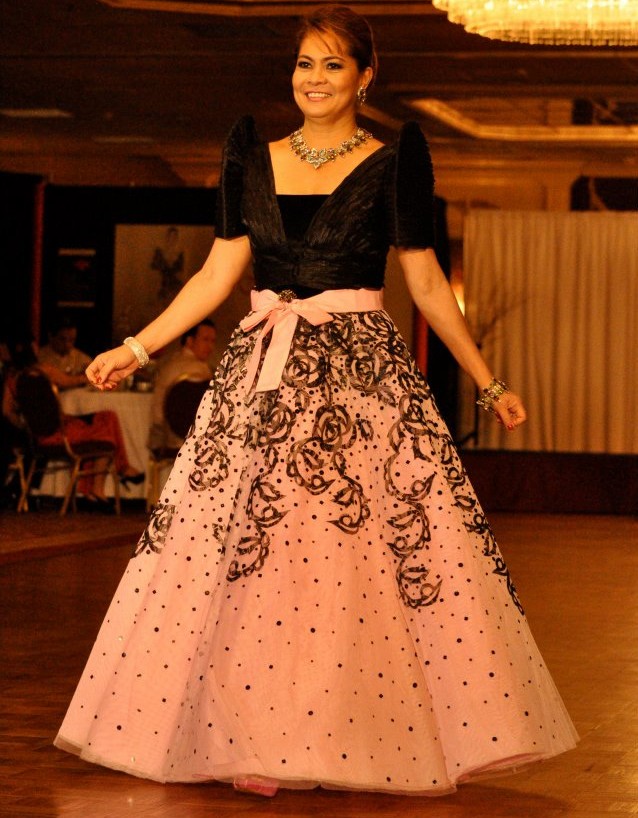

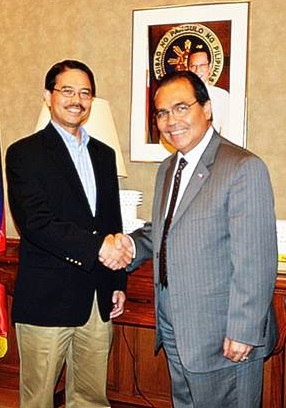

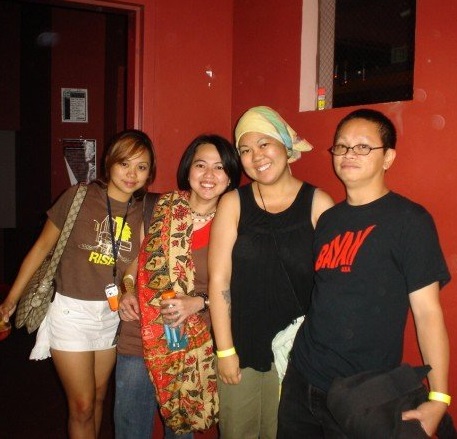
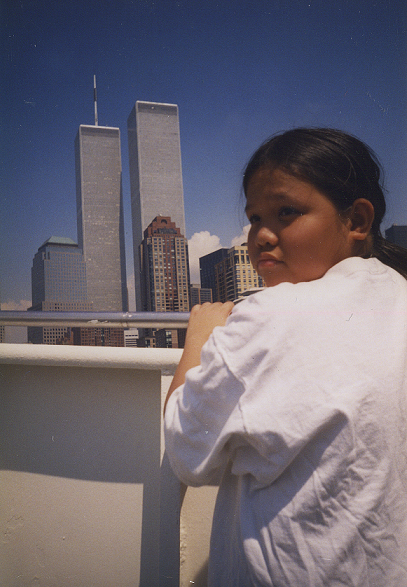

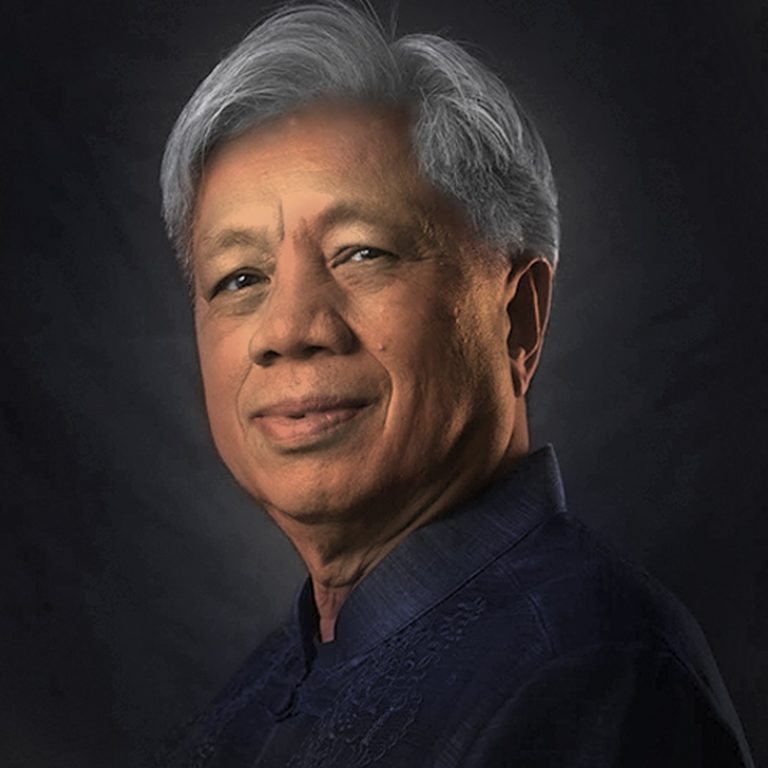

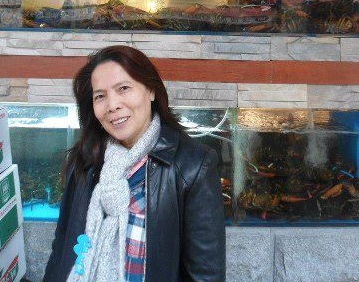

This is deplorable. I have been blogging for years about the human rights abuses suffered by Filipino domestic workers. I have worked amongst some incredible people. They deserve protection under the U.S. law. I would love to hear from Filipino workers so I can continue to get the word out to a wider audience.
Nanny X
thenannytimebombatblogspotdotcom
I happened to be well versed about Fil-Am community in New York City and Filipino ways-of-life.
I’m not shocked by the alleged allegation against any Filipino(s) abusing Filipino overseas workers.
I have about them in the Fil-Am press in New York metro area.
For your information: Filipino domestic workers are more likely to be abused or mistreated by Fil-Am Americans then Americans families or individual American.
We are all wondering what is the outcome of this case?
We urged the Fil-Am to keep informing its readers about this case in question.
M. Matthews, support Filipino Overseas Workers/Domestic Workers
I am not surprised on Rina Hernandez story. There are many of us actually who had been victimized and the worst is many are by FilAm employers. Most of this employers are working as diplomats and still have the “master” mentality on treating their domestic workers like slave. Which is really very traumatic since we expect that we domestic workers will be treated fairly since we came from the same country and some are actually are relatives. But instead, our passports had been held, we are not allow to take a day off ,or in case it was granted we should be accompanied by them or anyone they know. We are over work and under paid, emotionally and verbally abused. I was able to helped one “kababayan” from Ohio. For many months she was calling me to get some advice from what her situation. She was all around housekeeper, and also taking care of a bedridden lady plus babysitting and cleaning cars 24/7. She was very scare to escape when i told her that she should come to New York and i will help her. Eventually one day a visiting nurse who come regularly to check the elder lady helped her to buy a bus ticket and told her to escape. She was accompanied by a cop to the bus station and the poor thing was just wearing pajamas when i met her in New York City. She stayed with me in a small room for a couple of months until she find job and a place of her own.
So sad but true that Filipino domestic workers in the USA have at times been mistreated and neglected by their Filipino employers and Filipino diplomats in the USA.